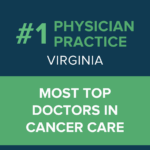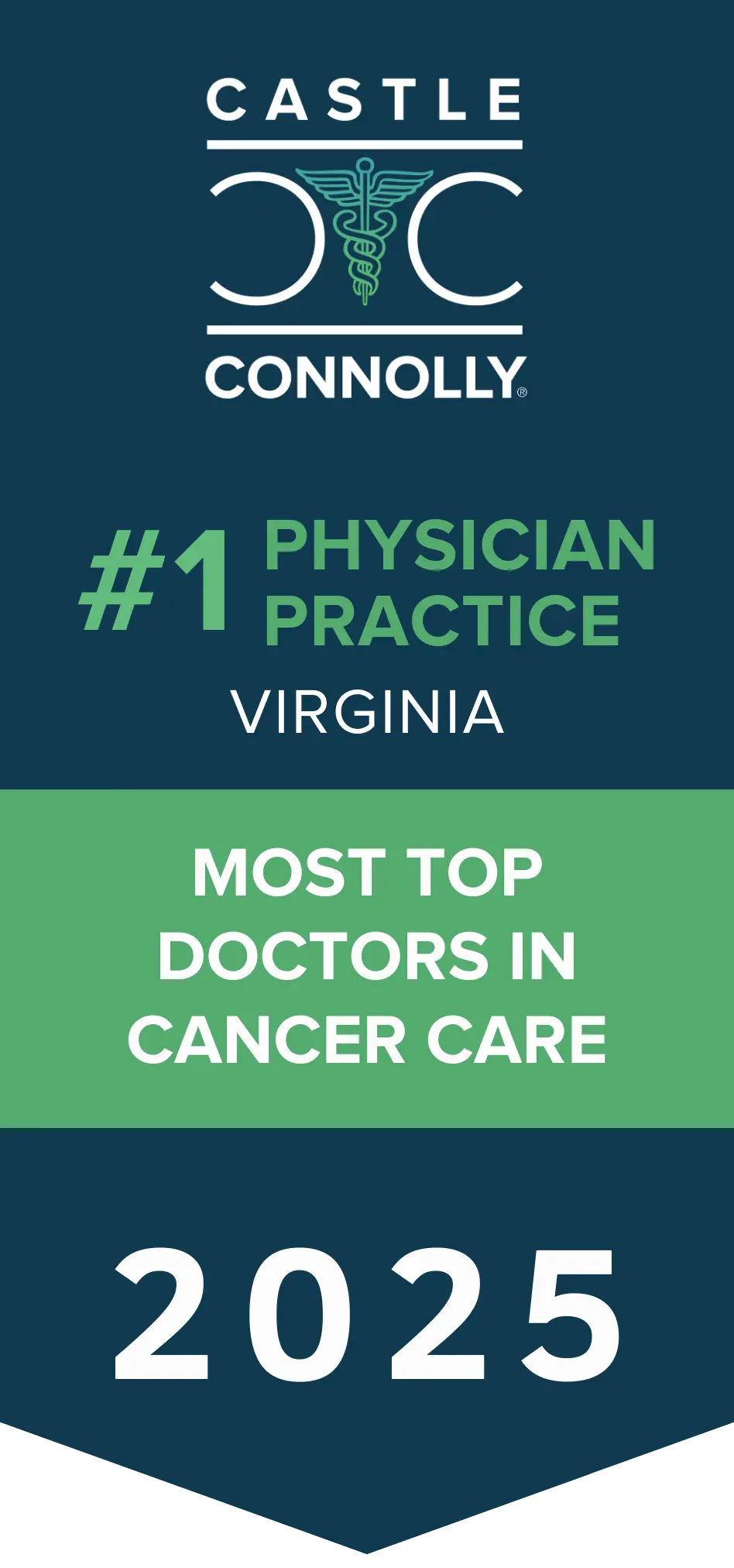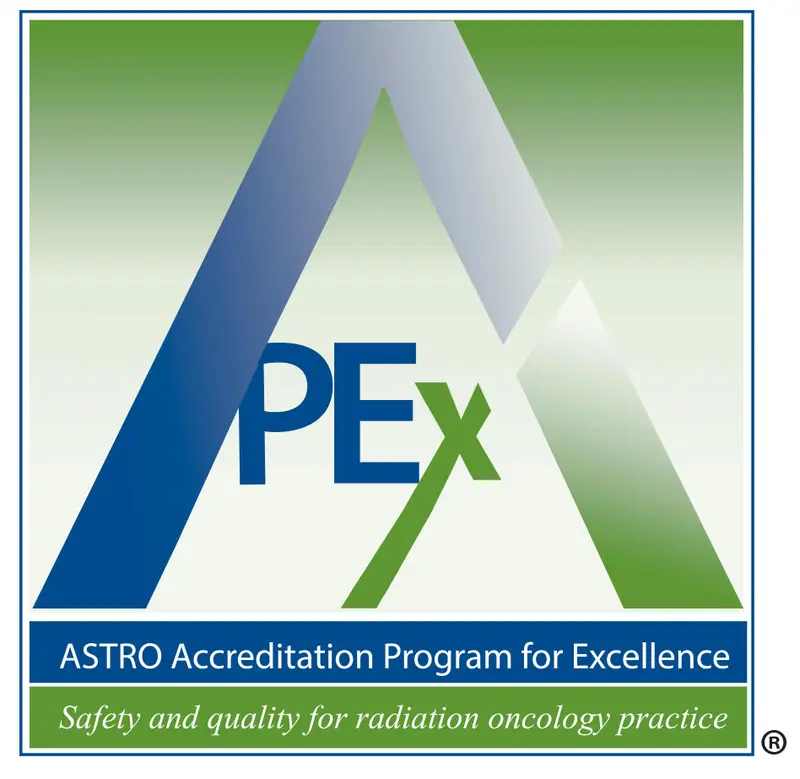September is Prostate Cancer Awareness Month and prostate cancer remains one of the most prevalent cancers affecting men today.
While having risk factors does not guarantee that you will develop the disease, being aware of these factors can help you take proactive steps in managing your health. Dr. Ajay Dar from Virginia Cancer Specialists sheds light on the key risk factors associated with prostate cancer, helping to empower men to make informed decisions about their health.
Key Risk Factors for Prostate Cancer
-
- Age: Age is a significant risk factor for prostate cancer. According to Dr. Dar, “Prostate cancer is relatively rare in men under 40, but the risk increases significantly after age 50. Most diagnoses occur in men over the age of 65.” As men age, their likelihood of developing prostate cancer grows, making regular screenings and discussions with a healthcare provider increasingly important as one gets older.
- Race and Ethnicity: Research has shown that prostate cancer prevalence varies across different racial and ethnic groups. African American men and Caribbean men of African descent are at a higher risk, often developing the disease at a younger age. Conversely, prostate cancer is less common among Asian American, Hispanic, and Latino men. Understanding these racial and ethnic disparities can help in assessing individual risk and the need for early screening.
- Family History and Genetic Factors: Family history plays a crucial role in prostate cancer risk. Dr. Dar notes, “While many men with prostate cancer do not have a family history of the disease, those with a first-degree relative who had prostate cancer—such as a father or brother—are at an increased risk. The risk is even higher if multiple relatives have been affected, especially if they were diagnosed at a younger age.”
- Genetic mutations also contribute to risk. Mutations in genes such as BRCA1 and BRCA2, which are also linked to breast and ovarian cancers, can increase the likelihood of developing prostate cancer.
- Additionally, men with Lynch syndrome, a hereditary condition linked to several types of cancer, face a higher risk.
What to Do If You’re at Risk
If you have a family history of prostate cancer or believe you may have a genetic predisposition, it’s crucial to have a conversation with your primary healthcare provider. Dr. Dar emphasizes the importance of early detection:
“Understanding your risk and getting screened can make a significant difference in managing prostate cancer effectively.”
For those who have recently been diagnosed or are seeking further information, Virginia Cancer Specialists is here to help. Additionally, if you are dealing with metastatic prostate cancer, consider seeking genetic counseling at Virginia Cancer Specialists to better understand your condition and options.
By staying informed and proactive about your health, you can better navigate the complexities of prostate cancer risk and take control of your well-being. You can schedule an appointment by calling 571.350.8400 or by visiting our website for more information.














